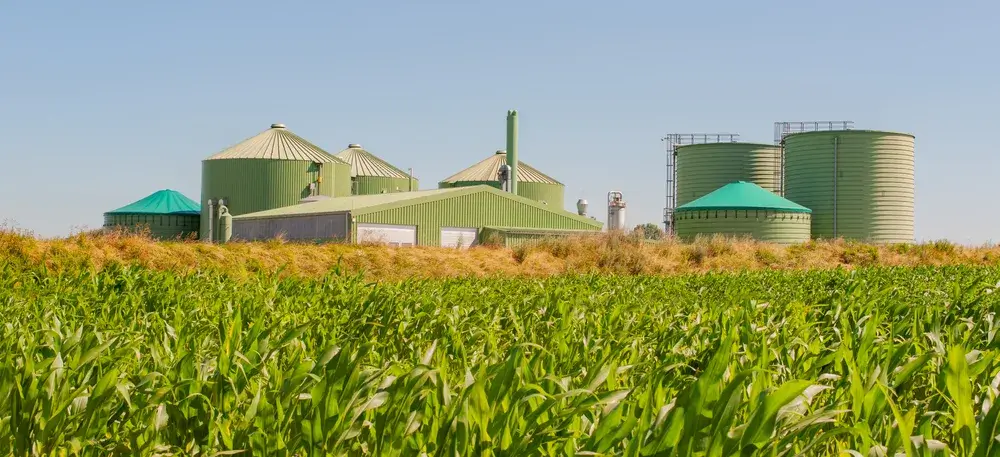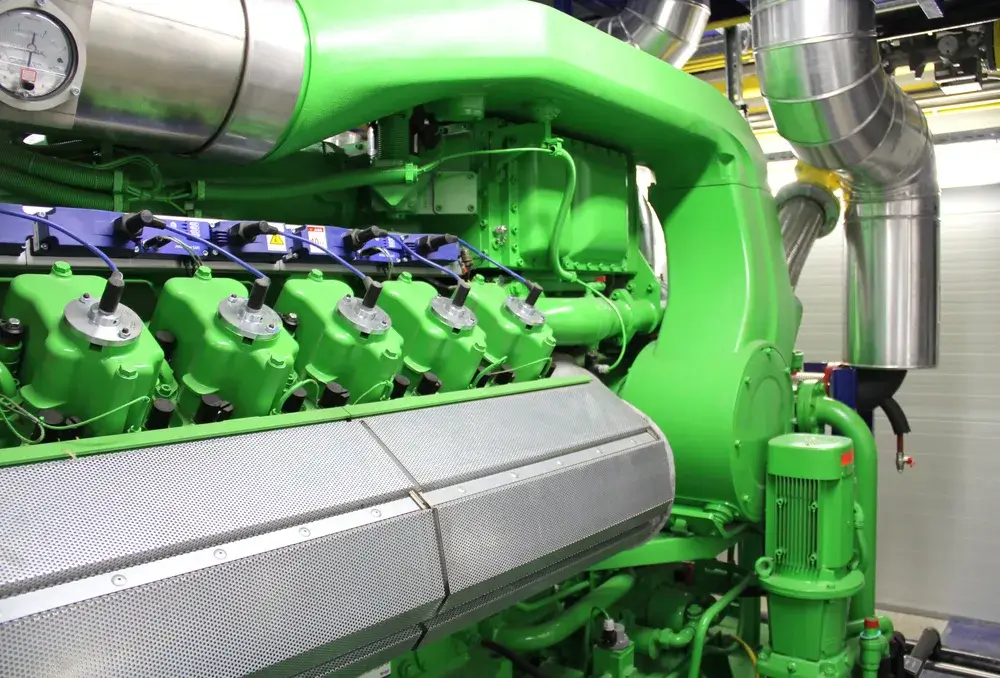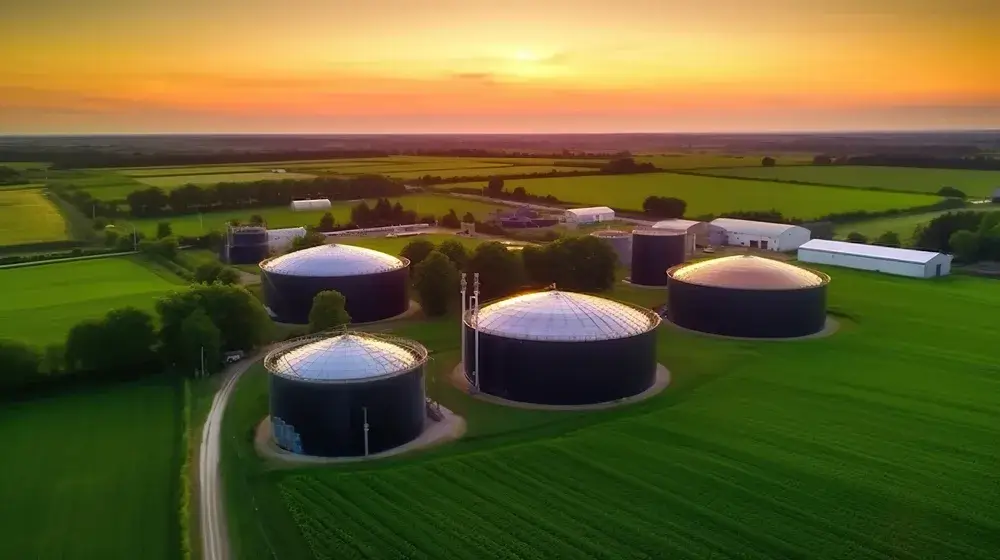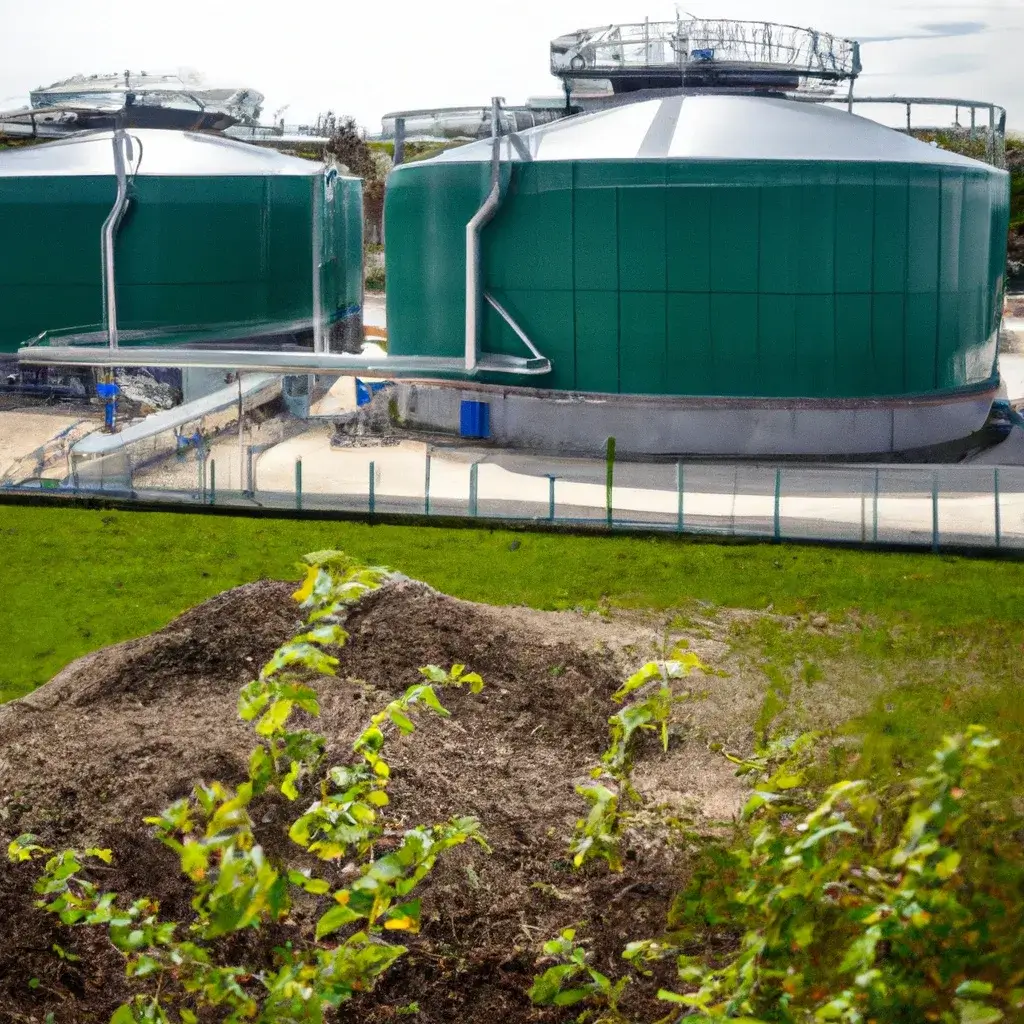Taking a closer look: The pros and cons of natural gas
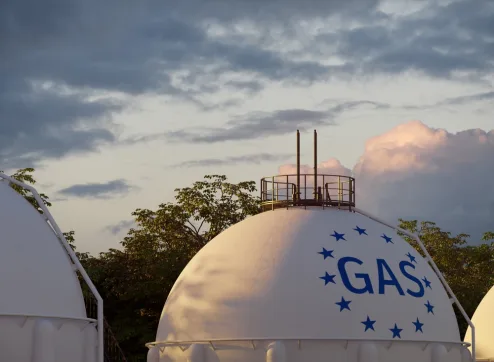
Natural gas has emerged as a significant player in the global energy landscape, touted for its role in reducing carbon emissions compared to other fossil fuels. However, like any energy source, the natural gas production and the use of natural gas comes with its own set of advantages and disadvantages. This article aims to provide a balanced view of the pros and cons of natural gas, exploring its impact on the environment, economy, and energy future.
The pros of natural gas
Cleaner Burning Fuel means Clean Energy
Natural gas burns cleaner than other fossil fuels like coal and oil, producing fewer emissions. It emits less carbon dioxide, nitrogen oxides, and sulfur dioxide, contributing to better air quality and reduced greenhouse gas emissions. This makes it a preferable choice for power generation, as natural gas power plants are more efficient and emit fewer pollutants compared to coal-fired plants.
Abundance and Accessibility
Natural gas reserves are abundant, particularly in North America, where advancements in fracking and horizontal drilling have unlocked vast quantities of shale gas. These gas resources have led to a stable supply and relatively low natural gas prices, benefiting consumers and industries alike.
Versatility
Natural gas is a versatile source of energy. It is used for electricity generation, heating, and as a raw material in the chemical industry. It can also be converted into LNG (Liquefied Natural Gas) for easy transport and storage, making it a flexible option for meeting energy demands across different sectors.
Economic Benefits
The natural gas industry has been a significant driver of economic growth, creating jobs and stimulating investment in infrastructure like pipelines and power plants. It has also reduced energy costs for consumers and businesses, contributing to economic stability.
Natural gas in everyday life – The socio-economic dimension
Apart from its technical and environmental aspects, natural gas also has significant socio-economic effects. It contributes to job creation, spanning from exploration to extraction and distribution, enhances the world’s mobility with LNG, and plays a crucial role in many local economies. However, the dependence on natural gas imports in some countries has resulted in political tensions and geopolitical conflicts.
Furthermore, increasing or fluctuating gas prices can have an impact on the daily lives of numerous individuals, particularly in regions where heating or cooking predominantly relies on gas. Therefore, it is essential to consider the value and consequences of natural gas from a comprehensive perspective that takes into account both global and local contexts.
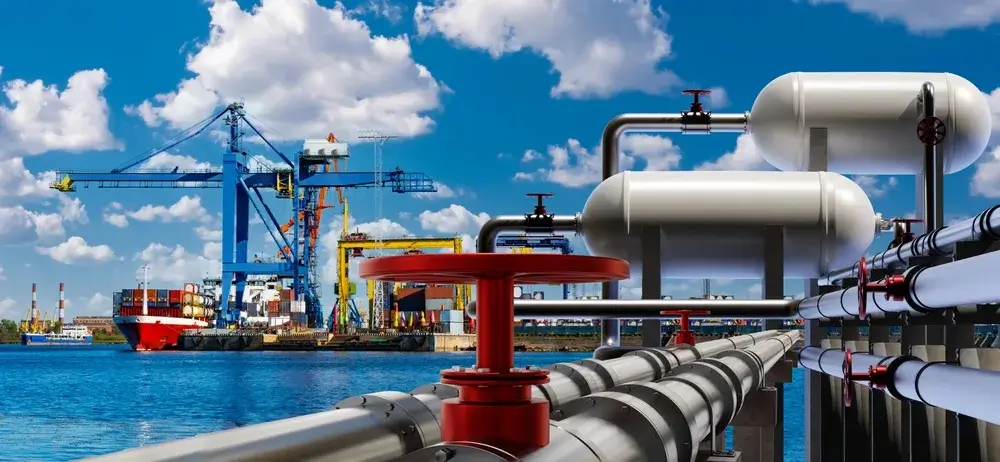
The cons of natural gas
Methane Emissions
One of the major disadvantages of natural gas is methane emissions. Methane is a potent greenhouse gas, with a global warming potential many times greater than carbon dioxide. Methane leaks during natural gas extraction, production, and transportation contribute significantly to climate change.
Environmental Impact of Fracking
Hydraulic fracturing, or fracking, used to extract natural gas from shale formations, poses several environmental risks. It can lead to groundwater contamination, induce seismic activity, and produce large volumes of wastewater. The high pressure required for fracking also raises concerns about the integrity of the earth’s geological formations.
Non-Renewable Resource
Despite its cleaner-burning properties, natural gas is still a non-renewable resource. Relying heavily on natural gas delays the transition to truly renewable energy sources like biomass, solar and wind. While it serves as a bridge fuel, it is not a long-term solution for sustainability.
Infrastructure Challenges
The infrastructure required for natural gas extraction, transportation, and storage, such as pipelines and LNG terminals, can be costly and environmentally intrusive. Additionally, pipelines are prone to natural gas leaks and accidents, which can have severe environmental and safety implications.
Air Pollution
Although natural gas burns cleaner than coal or oil, it still contributes to air pollution. Combustion of natural gas emits pollutants like nitrogen oxides and carbon monoxide, which can harm human health and ecosystems. Power plants and industrial facilities that use natural gas also contribute to local air quality issues.
Striking a balance between demand and responsibility
Natural gas holds a key position in the global energy perspective and requires careful consideration of demand and responsibility. As a transitional solution, it offers the opportunity to reduce emissions while we prepare for a complete shift to renewable energy. Simultaneously, ongoing research is driving technological innovations to minimize the environmental risks associated with the extraction and use of natural gas.
However, the role of natural gas is not solely determined by technical and ecological factors; geopolitical considerations and dependencies also influence the global market and pricing. As we don’t know how long we can continue to use natural gas, it is of paramount importance that we utilize this complex energy source with a balanced perspective, taking into account both our current needs and future responsibilities.
Keeping an eye on the energy transition – Natural gas as a transitional solution
The pressing need to address climate change has intensified the quest for clean energy solutions. In this context, natural gas is often considered as a “transitional solution” that can facilitate the transition from conventional fossil fuels to renewable energies.
With its relatively clean combustion properties, natural gas provides the opportunity to reduce CO₂ emissions during the transition phase, while simultaneously advancing and optimizing the energy infrastructure for renewable sources. This bridging function of natural gas could be essential in achieving global climate objectives within a realistic timeframe.
PowerUP – Your partner for gas engines
With a range of solutions for your gas engine, PowerUP provides you with service and spare parts suitable for brands like INNIO Jenbacher®, MWM® and Caterpillar®. From specially-designed gas engine spare parts to gas engine repairs, emergency engines, and container solution – our expertise in this field ensures that our customers always receive the best service.





